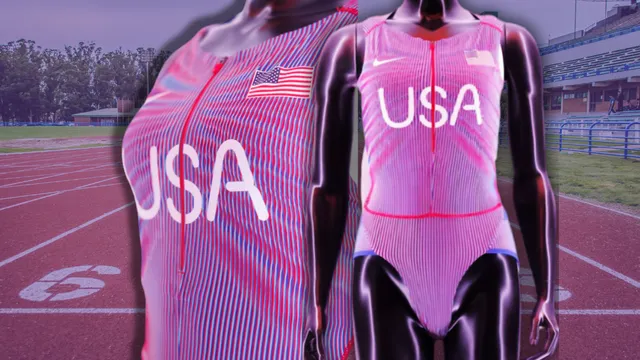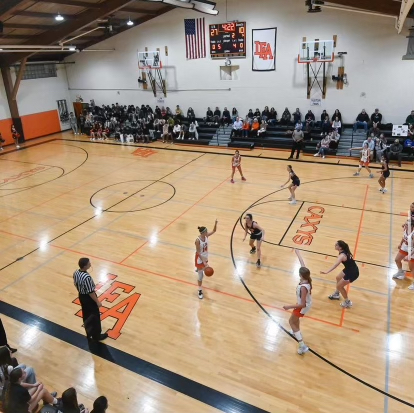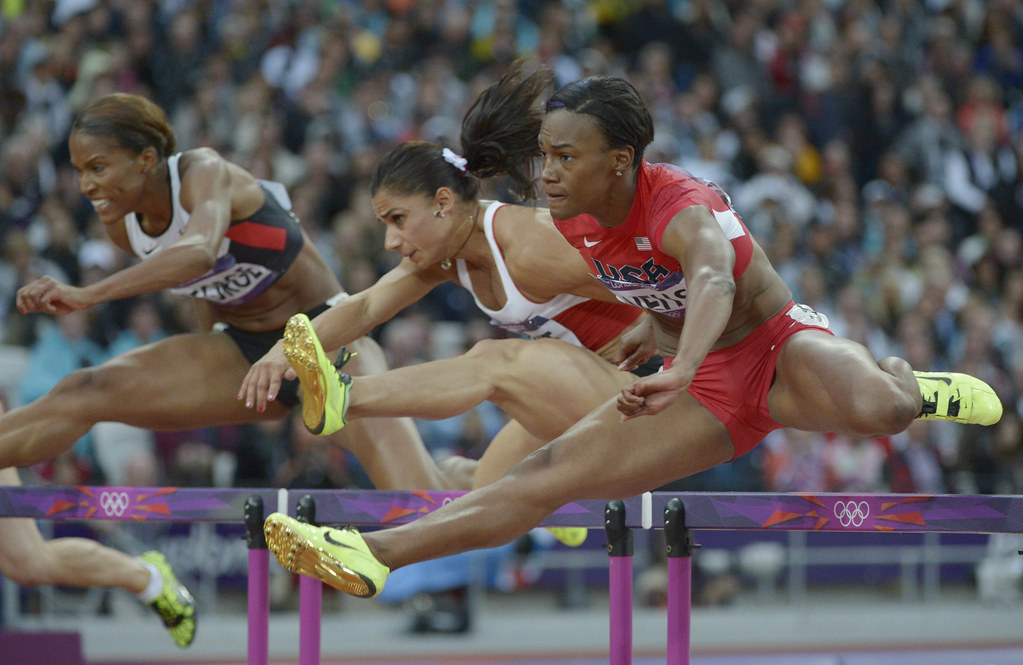Navigating the college process as a student athlete has both its benefits and challenges. The recruiting process athletes go through requires a lot of hard work and commitment which requires the athlete to have a strong support team with them throughout the process.
As athletes get older, the opportunities you have to advance in your sport start to shrink, so making it to play a sport at the collegiate level is a considerable accomplishment. Andrew Poska, the Dean of College Counseling at LFA, dislikes the, “ misperception that a division two or division three athlete is third rate or second rate” as these athletes “have come a long way…and are very accomplished”.
Compared to the typical admissions process the recruiting process starts much earlier and can begin around sophomore year. Natalie Frekko ‘23, who made a D3 commitment to Haverford College for lacrosse shared that her, “junior year was much more challenging” and that she, “took that sacrifice knowing my senior year would be much easier.” Frekko had to do lots of the college prep that seniors would typically be doing. So with the load of the academics, athletics, and managing the college process it put a lot on her plate.
A big part of this process is self advocacy, reaching out to coaches and trying to be seen at prospective camps. At the same time, a majority of this process lies between a screen, which can lead to a lot of uncertainty in where an athlete lies on the coach they are interested in potential roster. Frekko explained, “I learned pretty quickly that coaches can say one thing on email but it might not be the same in person.” She continued, “there can be a lot of under the table things…you never really know where you’re going until you are committed.”
Along with skill and academics, trust is a huge factor in what to look for throughout the recruiting process, “For me, I found a coach that I knew I could trust.” Frekko stressed the importance of seeking out coaches that “are good people” and you could see yourself being “accepted and comfortable” for the next four years. Since the coaches have such a big role in college as a student athlete.
Athletes when going back and forth with coaches Poska said,“All interest is good interest” and “Interest informs.” Both of these being vital to the process because if a coach is interested in possibly recruiting an athlete there needs to be reciprocated interest back to the coach. You need to put yourself out there to the coaches during the recruitment process. At the beginning of the process when still navigating the way through the process the athlete shouldn’t turn away any coach.
Poska also said after interacting with coaches you need to take a moment and “start to reflect on the non-athletic side of things and what is important for you in a college experience.” Being a committed athlete heavily influences your daily schedule for an entire year. When picking the college that is right for you, the student-athlete needs to decide how they want their work life balance to be as well.
This balance is vital to any student. In Frekko’s case, lacrosse did not only benefit the admissions process, but also served as a great benefit for academic opportunity. Frekko shared, “I always knew that if I could play lacrosse in college then I wanted to” and “ it also helps with the lower and lower acceptance rates, being an athlete gives you a big push in the admissions process, I knew I could get into a school of higher academic with lacrosse than without.”
Another big benefit to the athlete recruit experience is the weight that is lifted during what is known to be one of the most stressful times of the high school experience—the first semester of senior year. Frekko reflected, “It’s honestly a big relief…this year has been so fun for me because I feel like I’ve been able to really enjoy my classes.” She continued, “It’s crunch time right now for a lot of my friends, they are going through a lot, but I am glad that I’ve been able to take a step back and enjoy my senior year.”
Another advantage of participating in a sport in college is the immediate sense of community you get. Frekko explained, “you get this immediate friend group…if you ever want to grab a meal or ask for help, it’s great to know that I will have somebody.” She clarified, “Obviously it doesn’t have to be your entire world, but I think it can be a really cool way to start off your college experience.”
The college process for athletes can be very challenging, and confusing, but in the end it can have many benefits to the student both academically and athletically.










